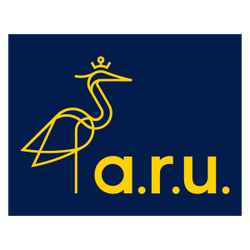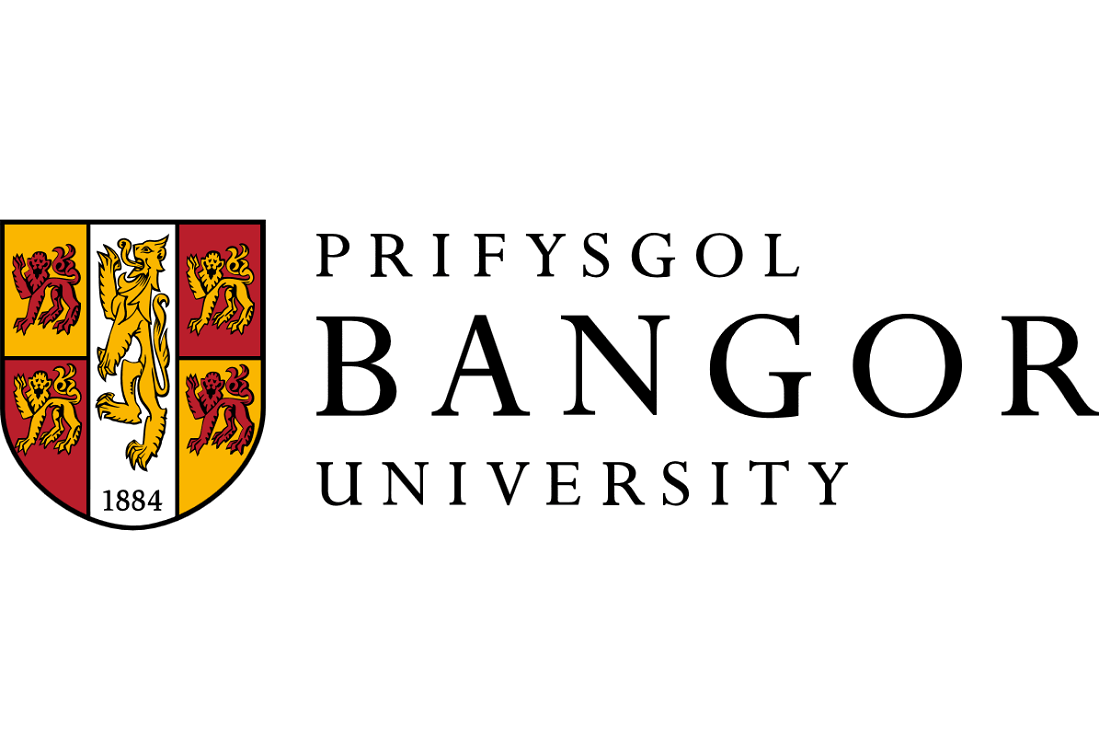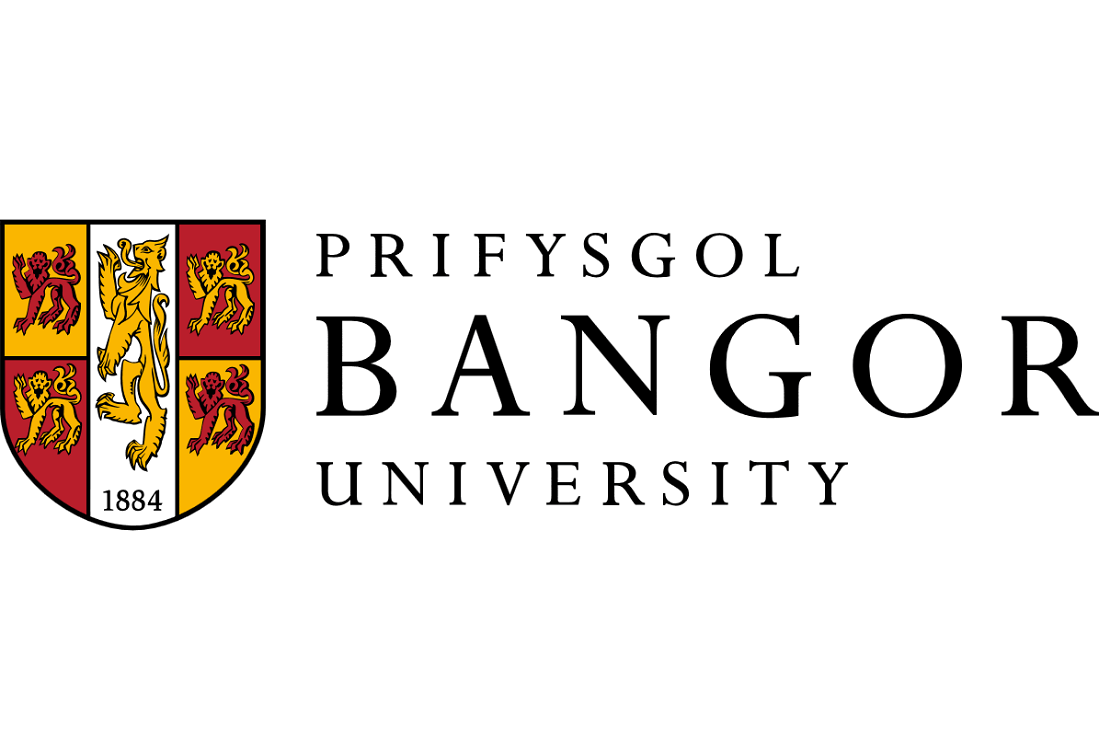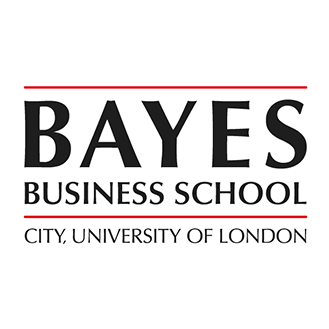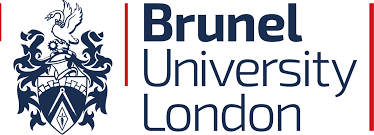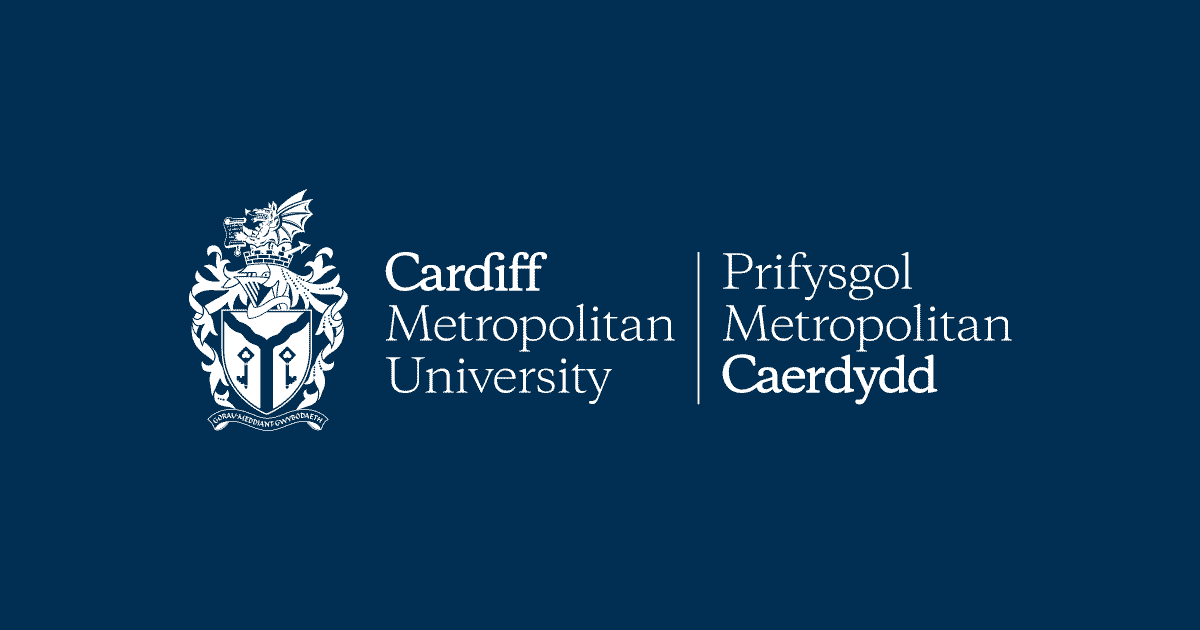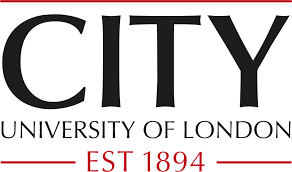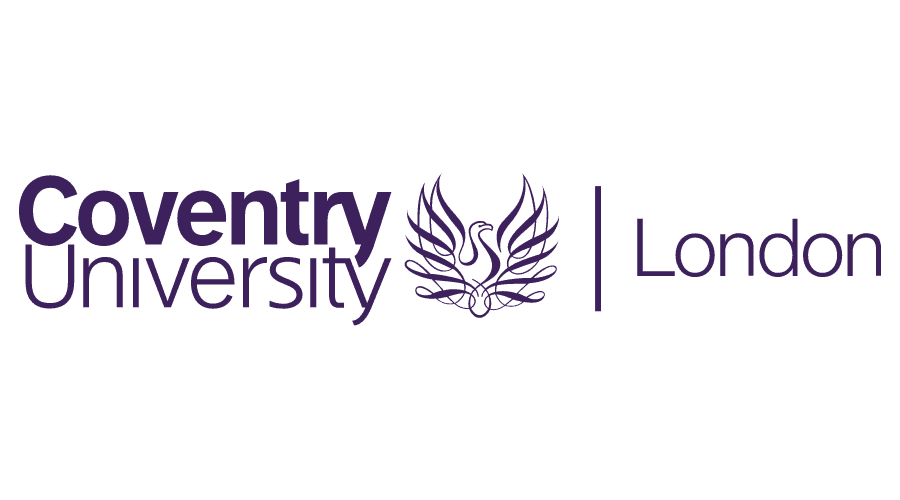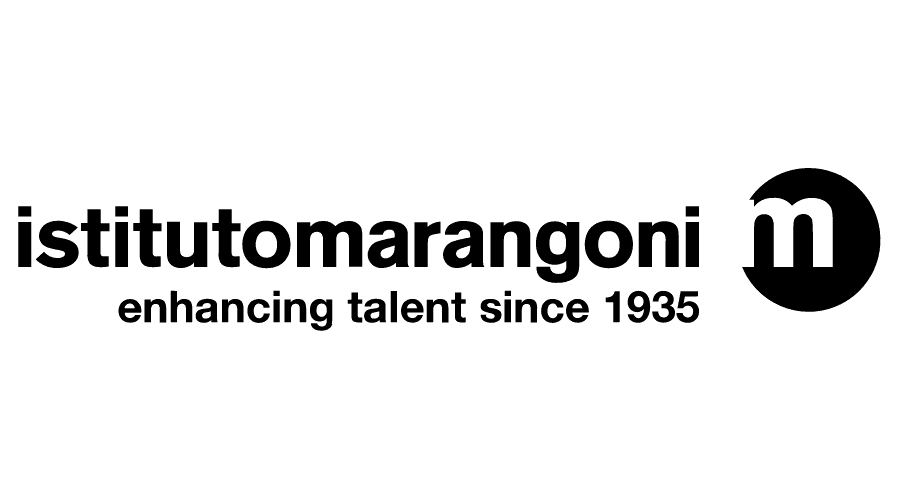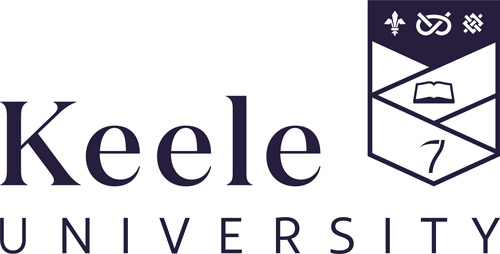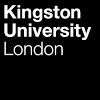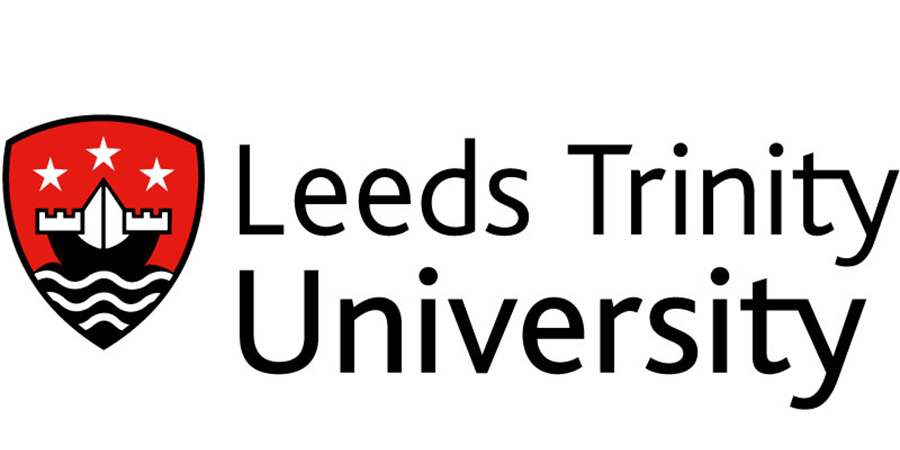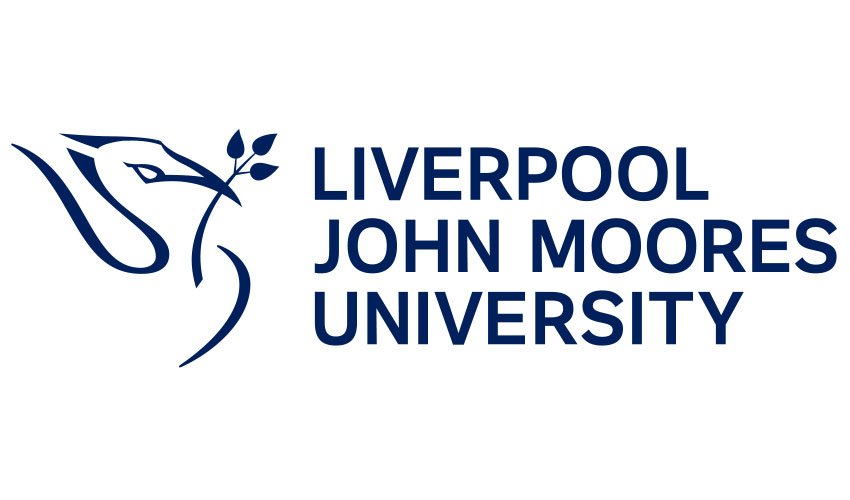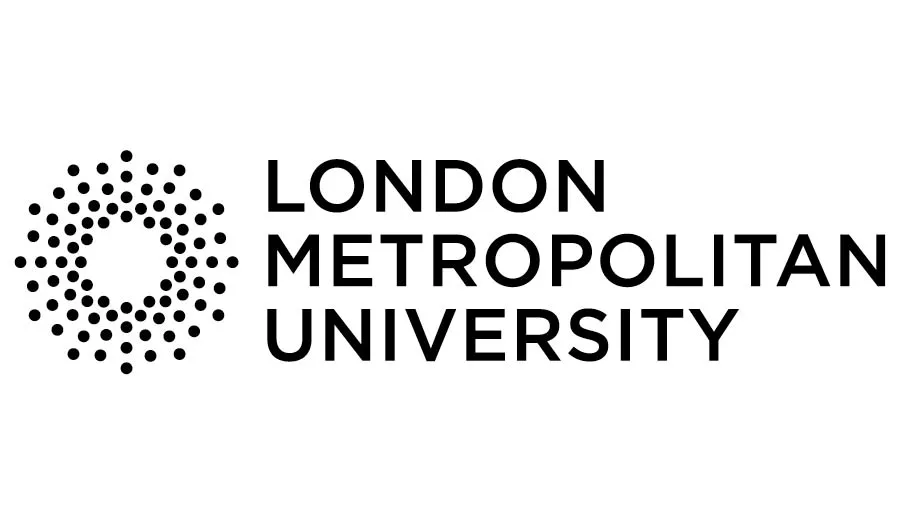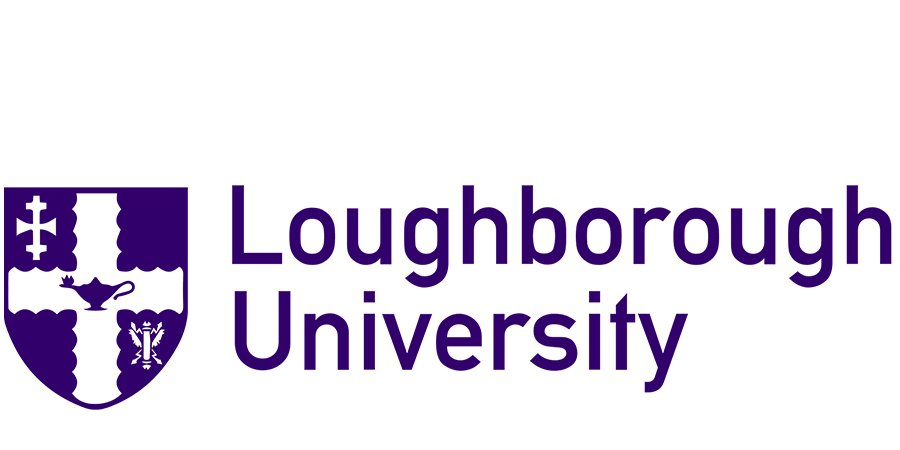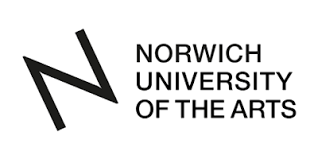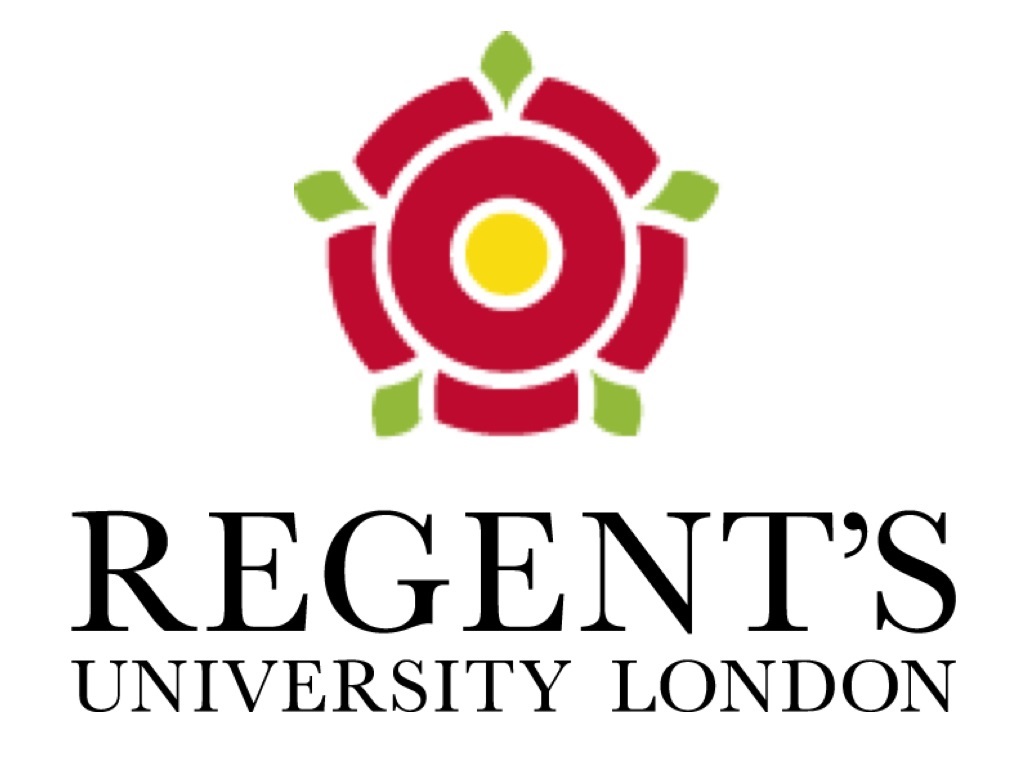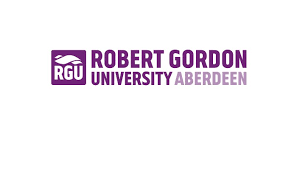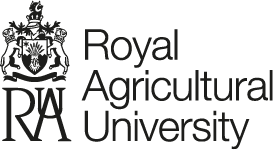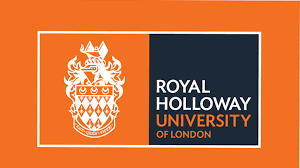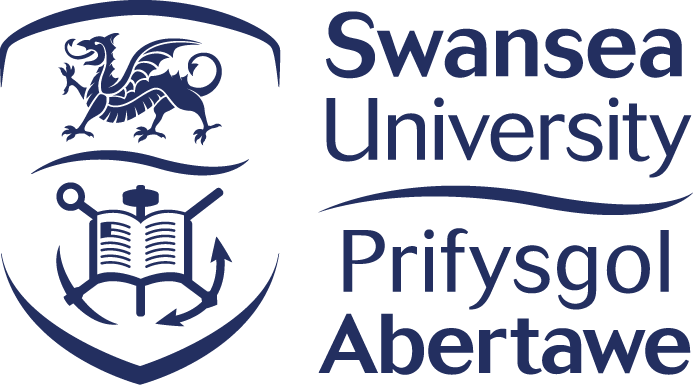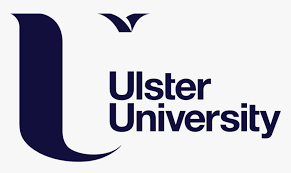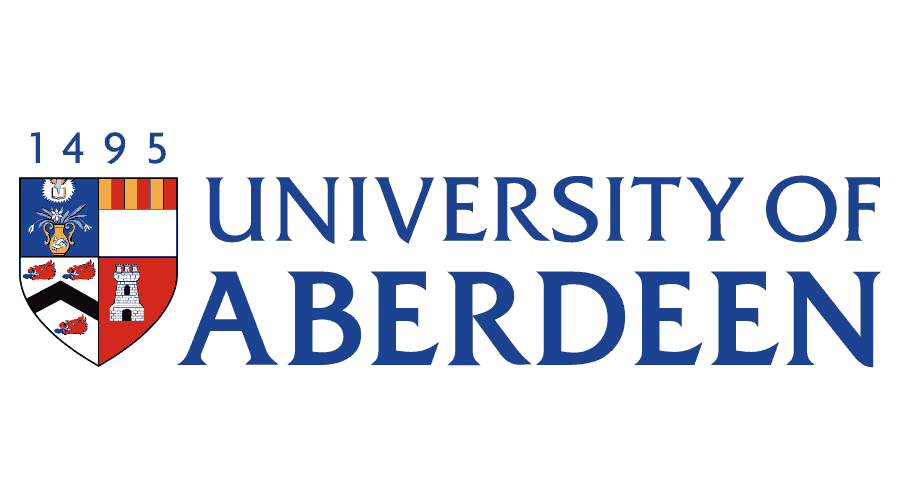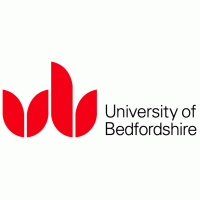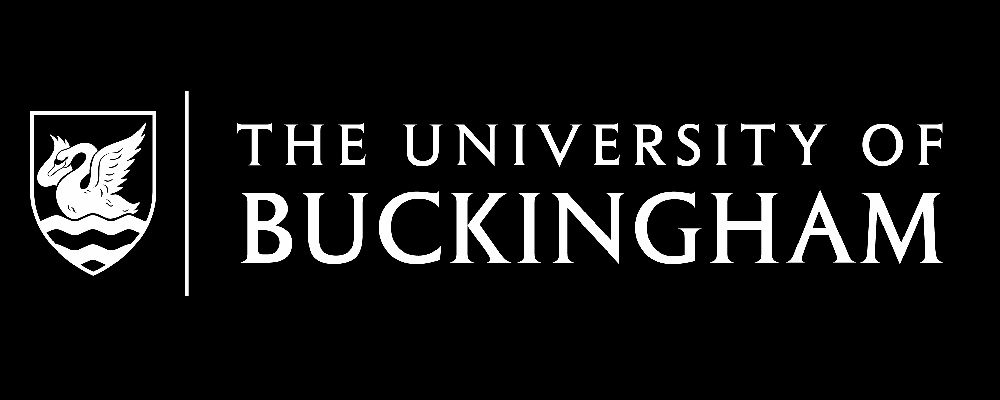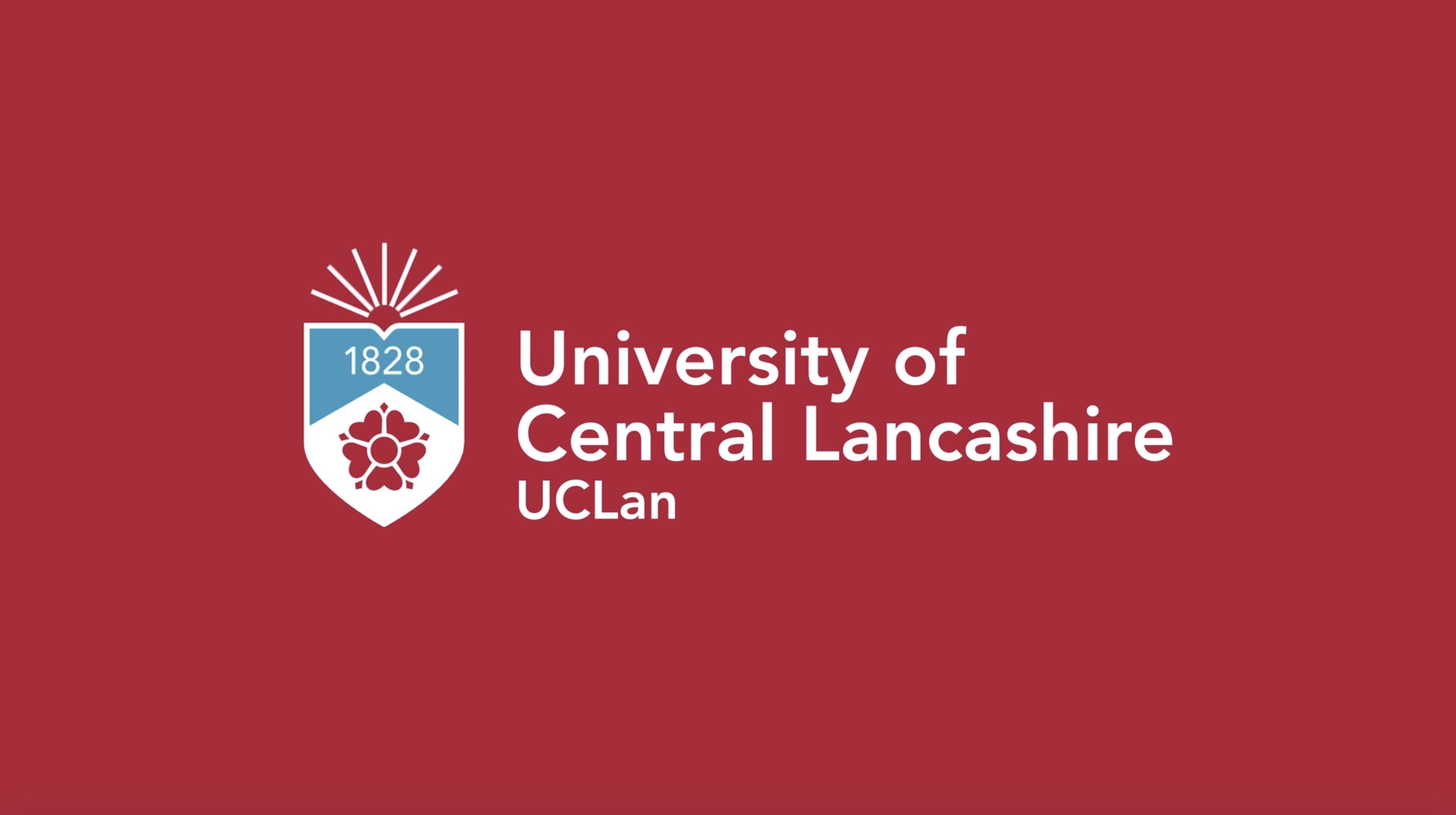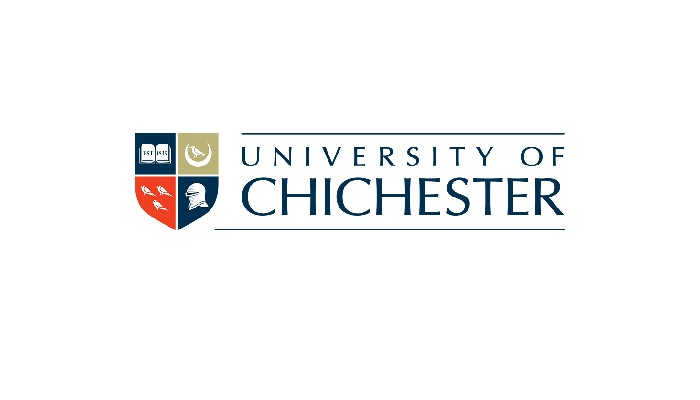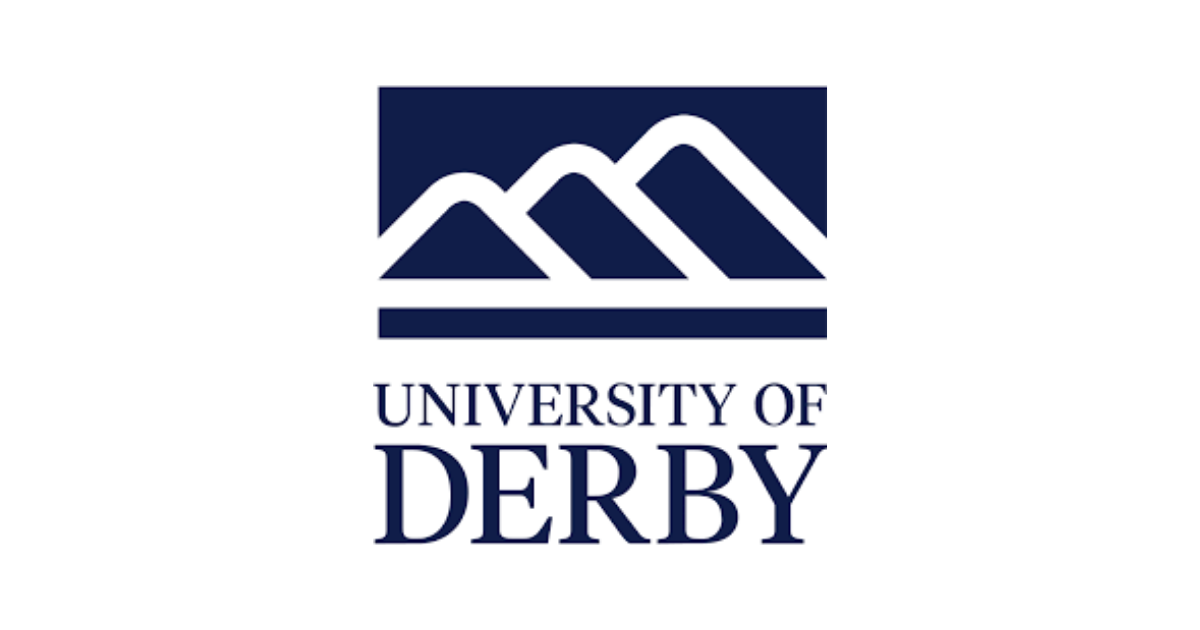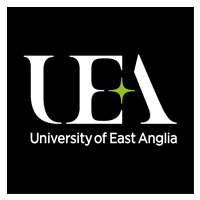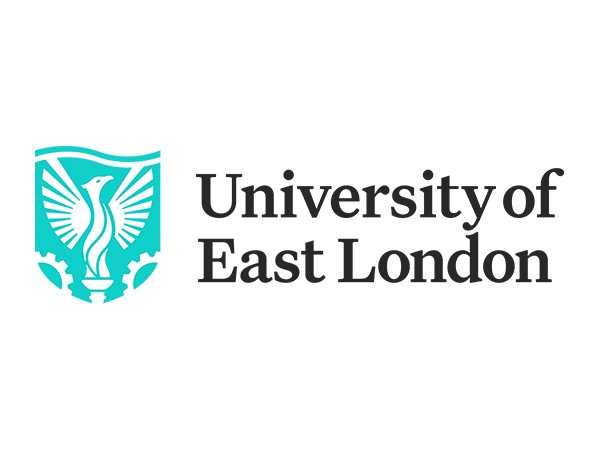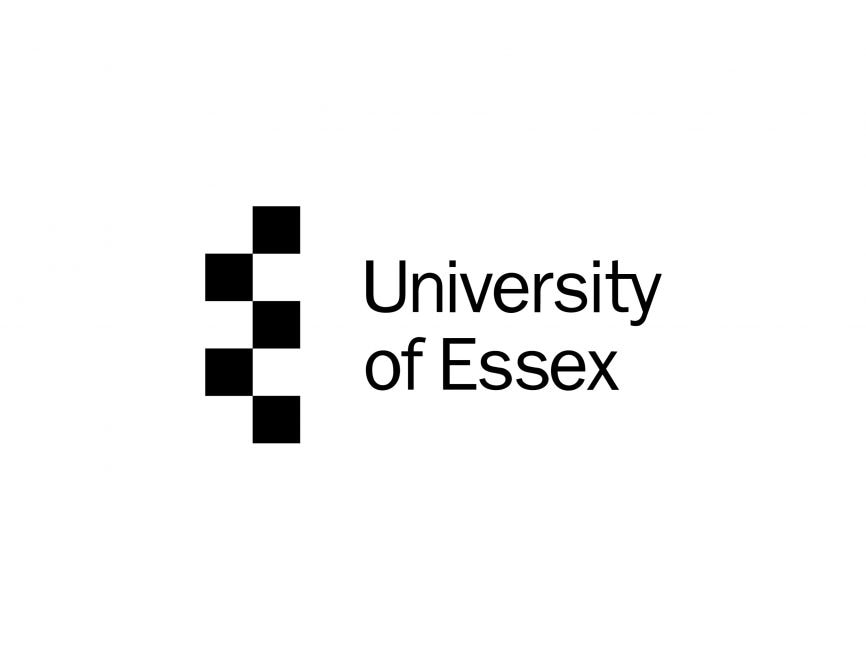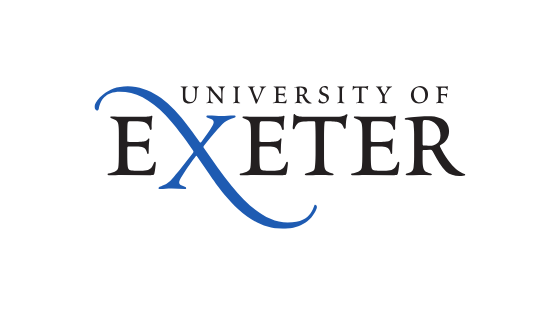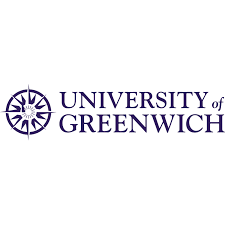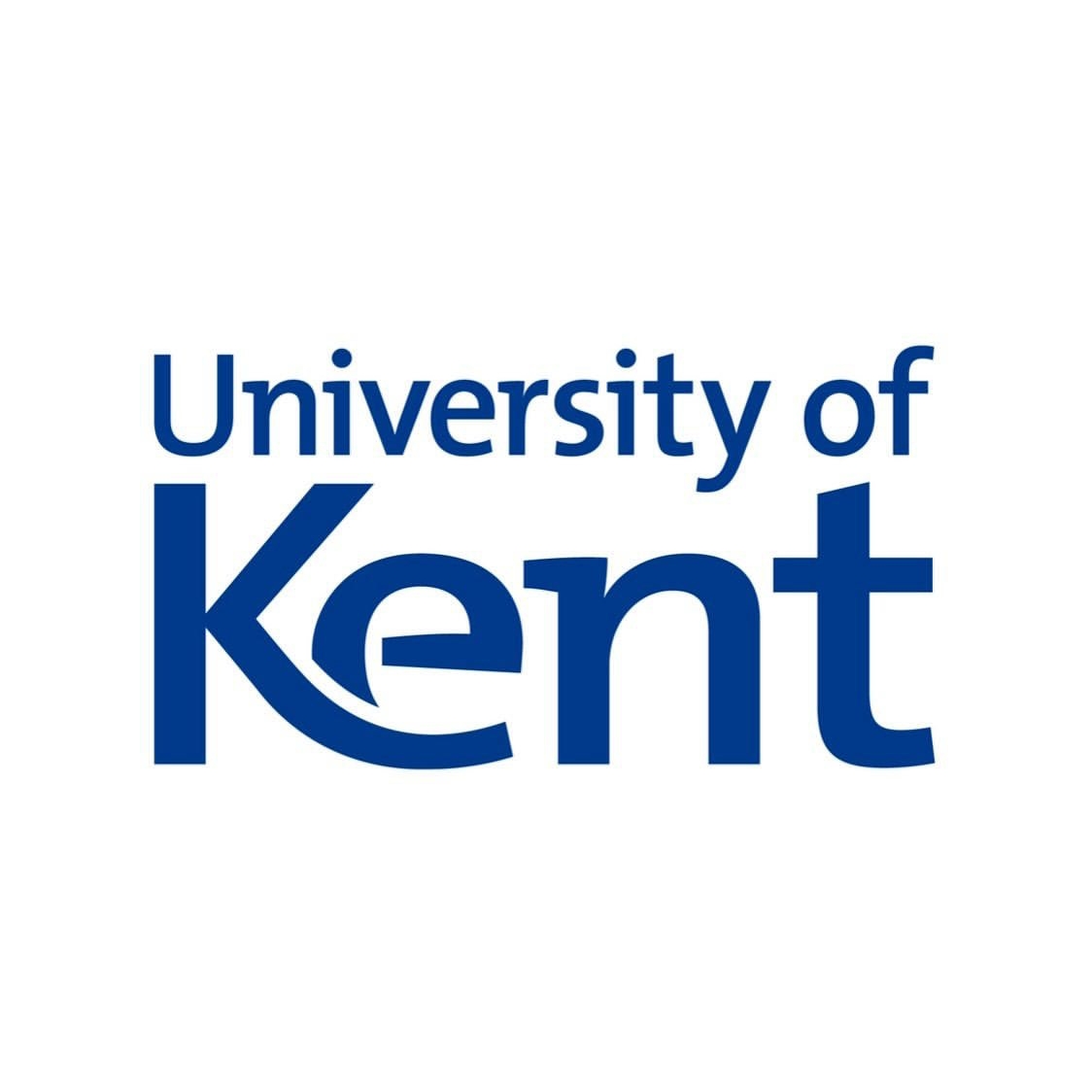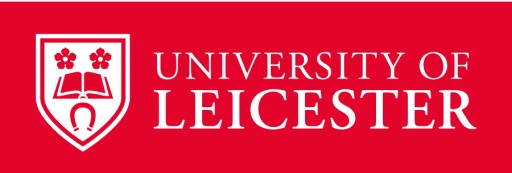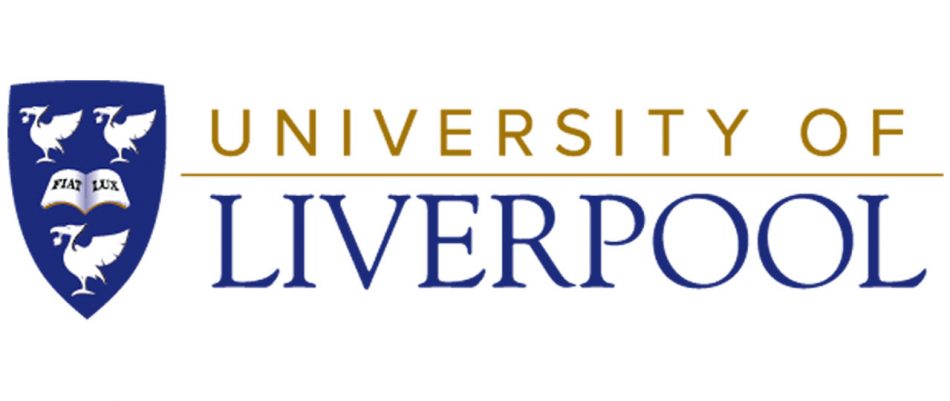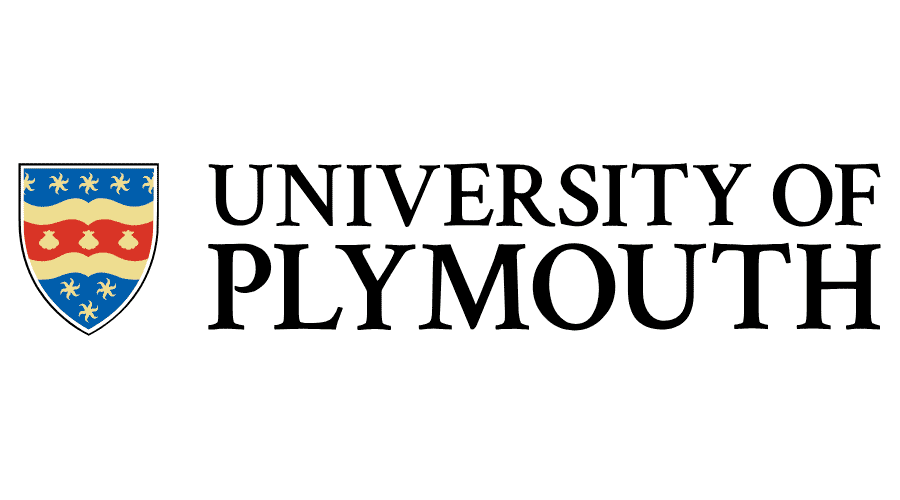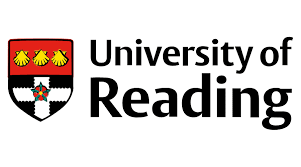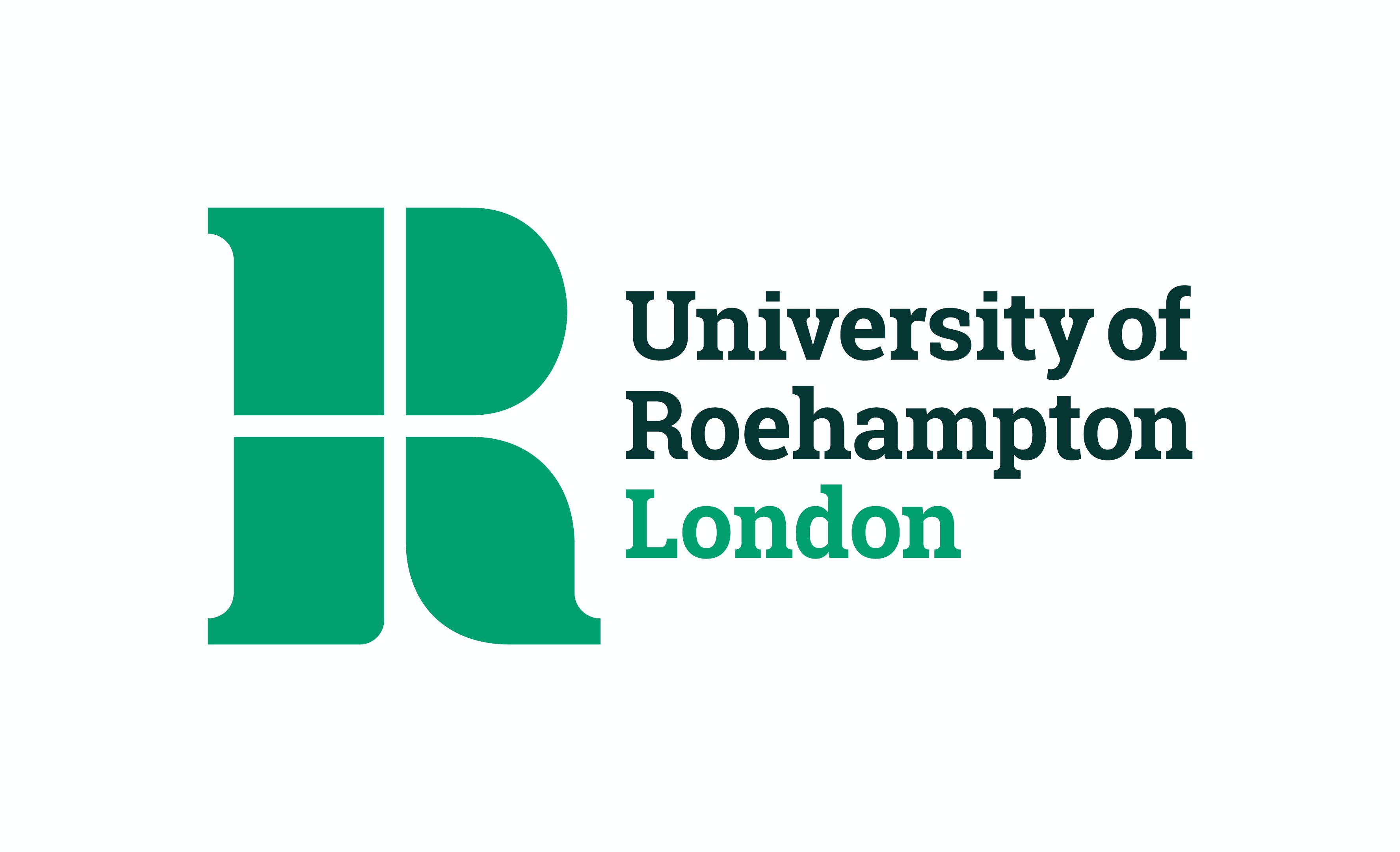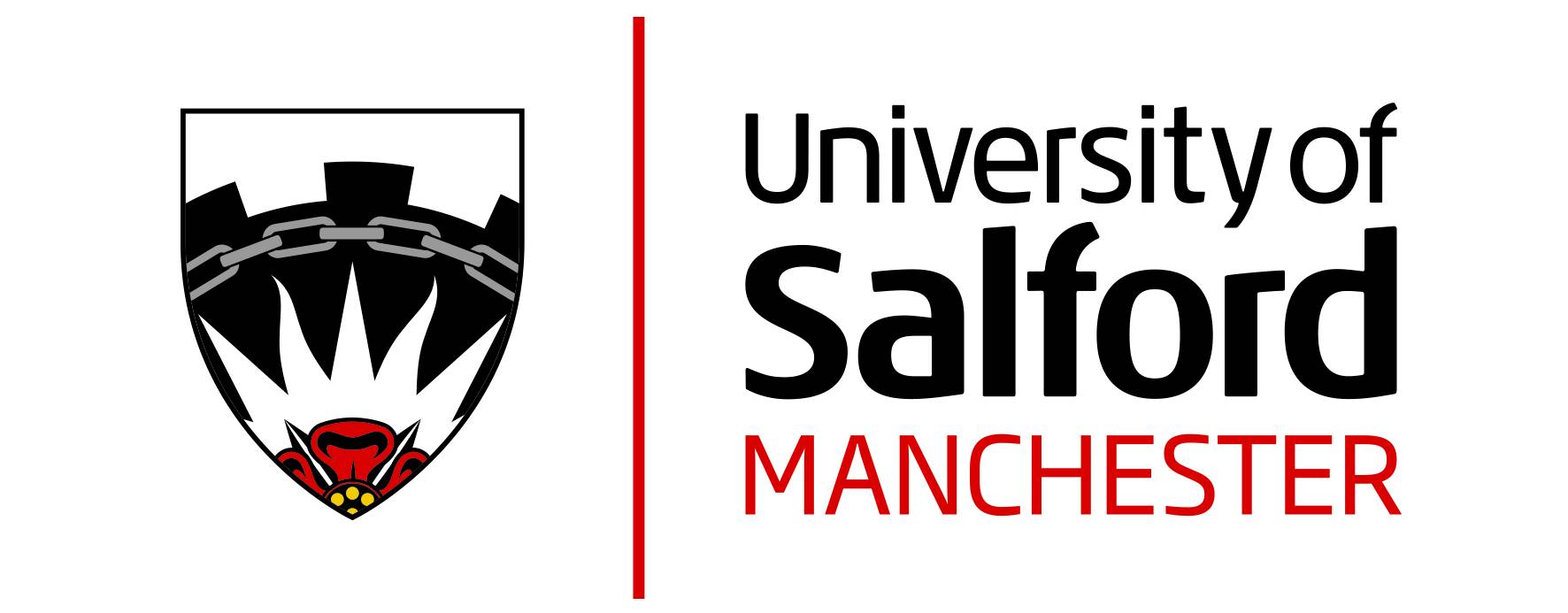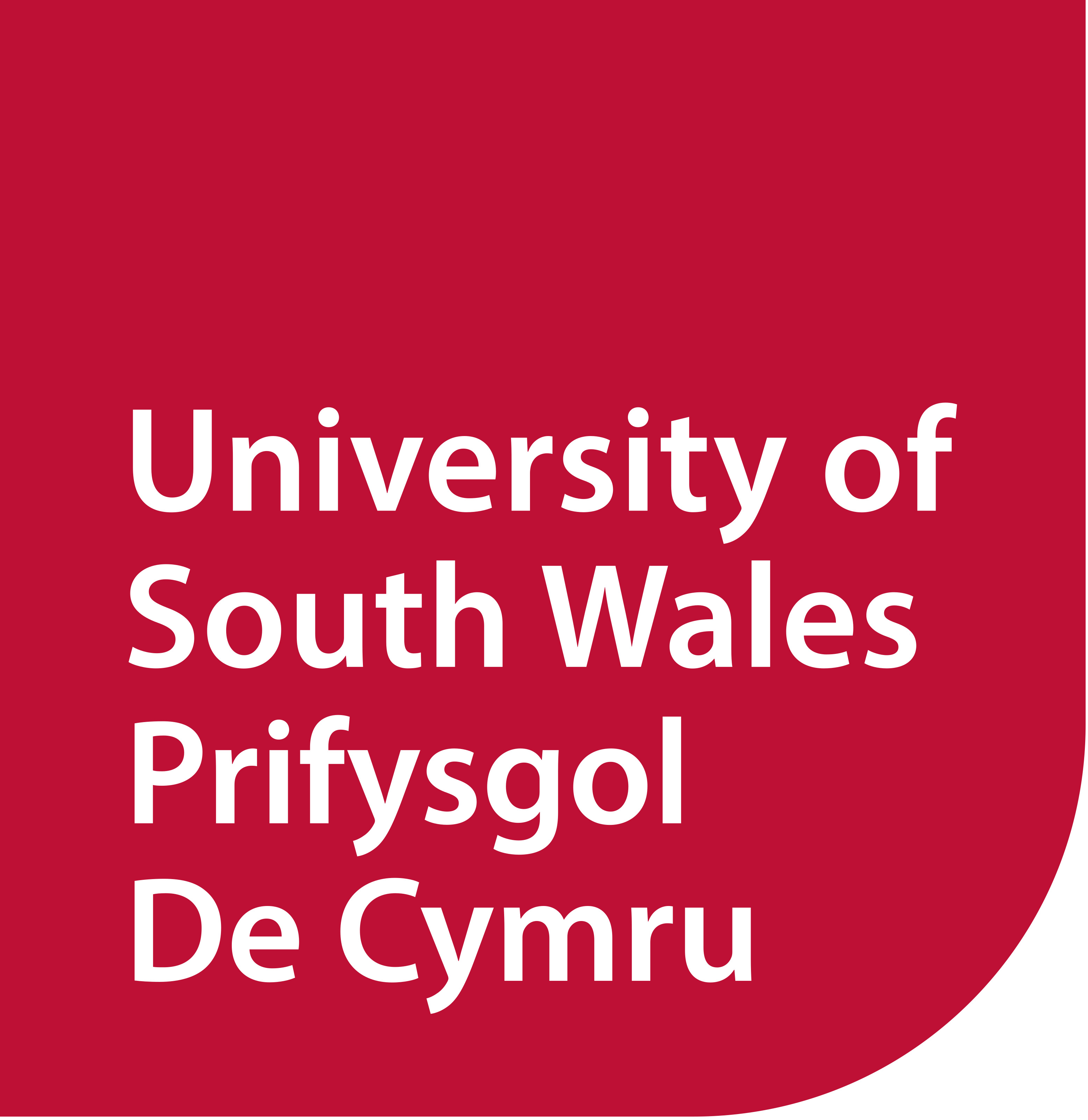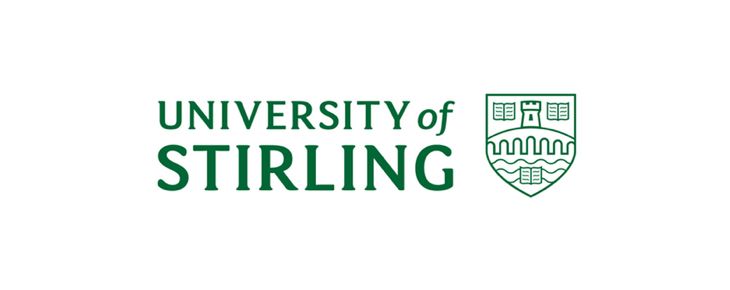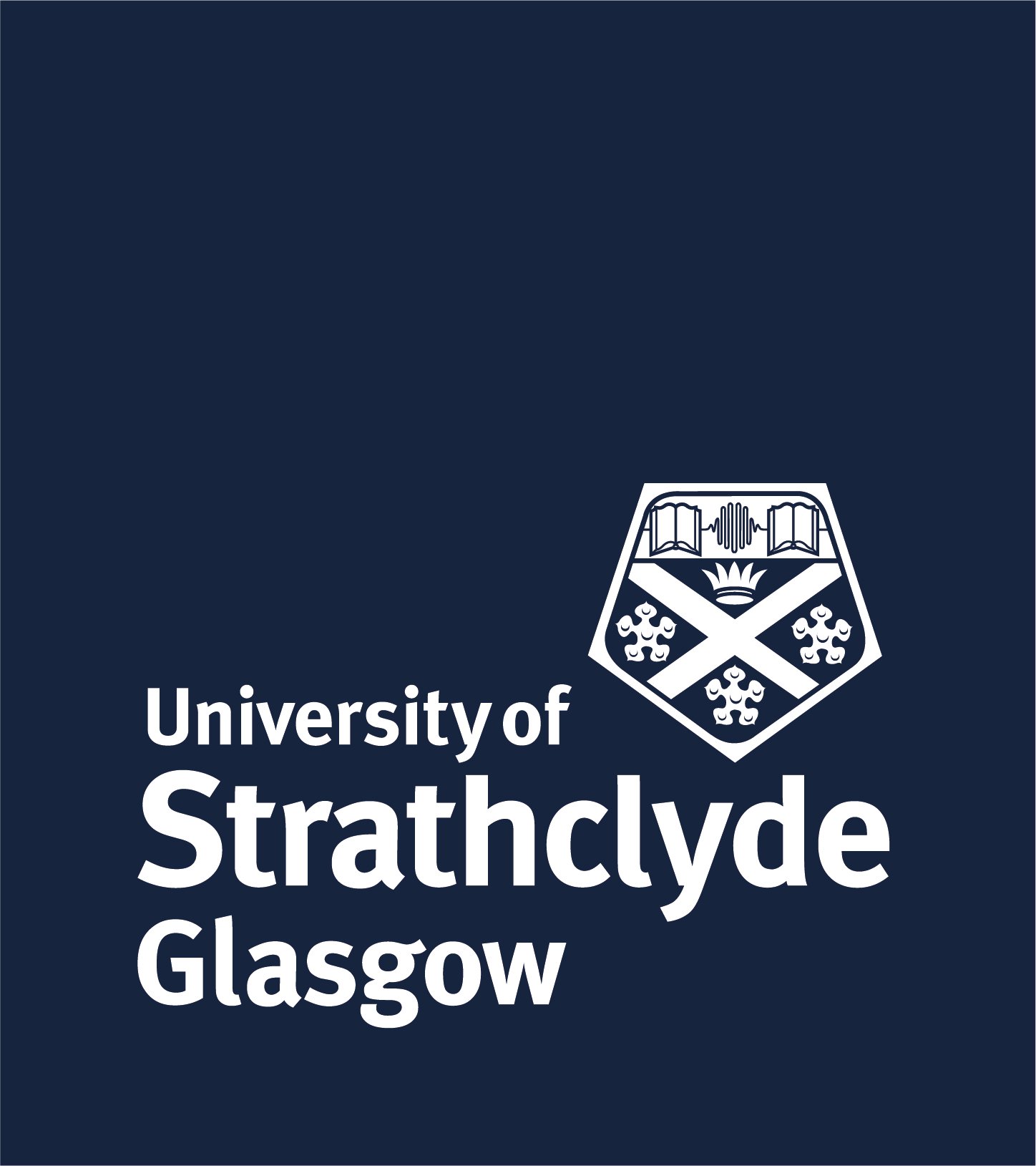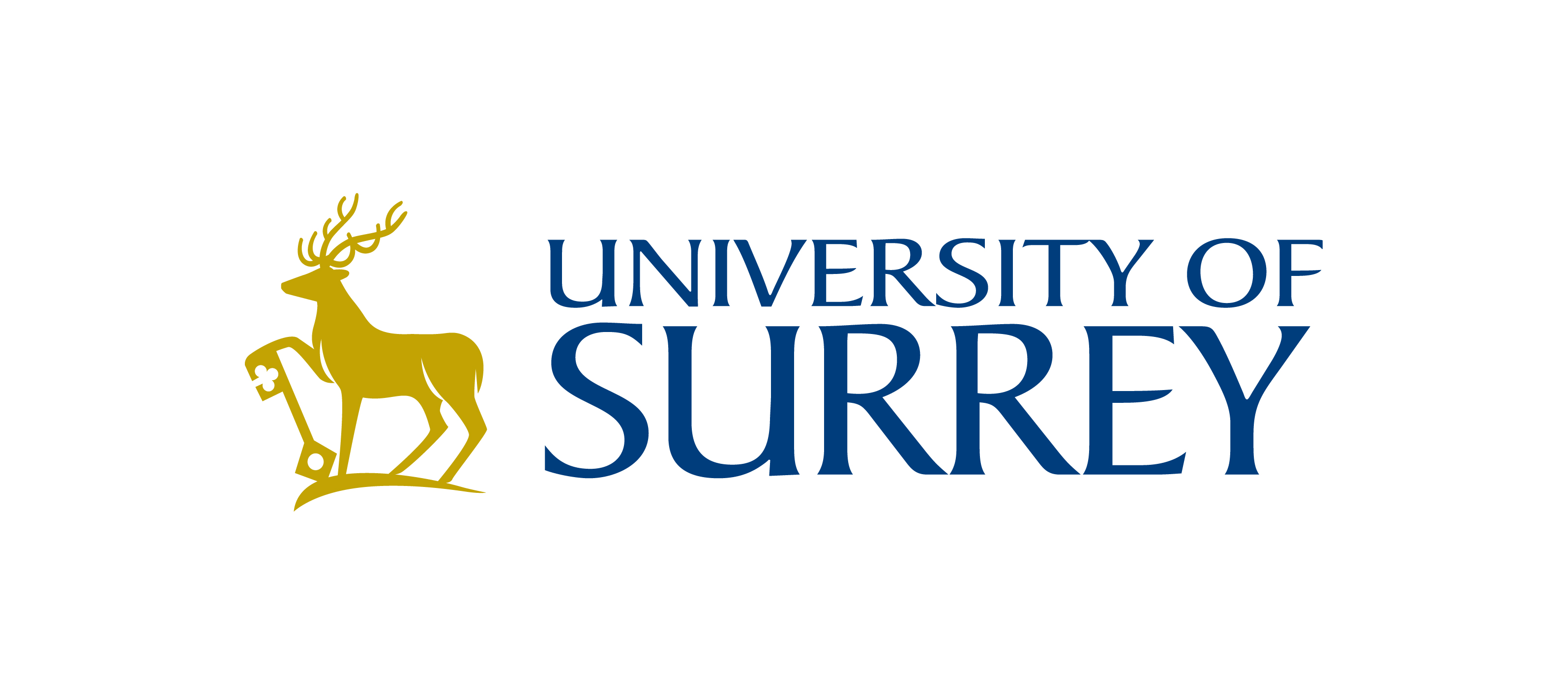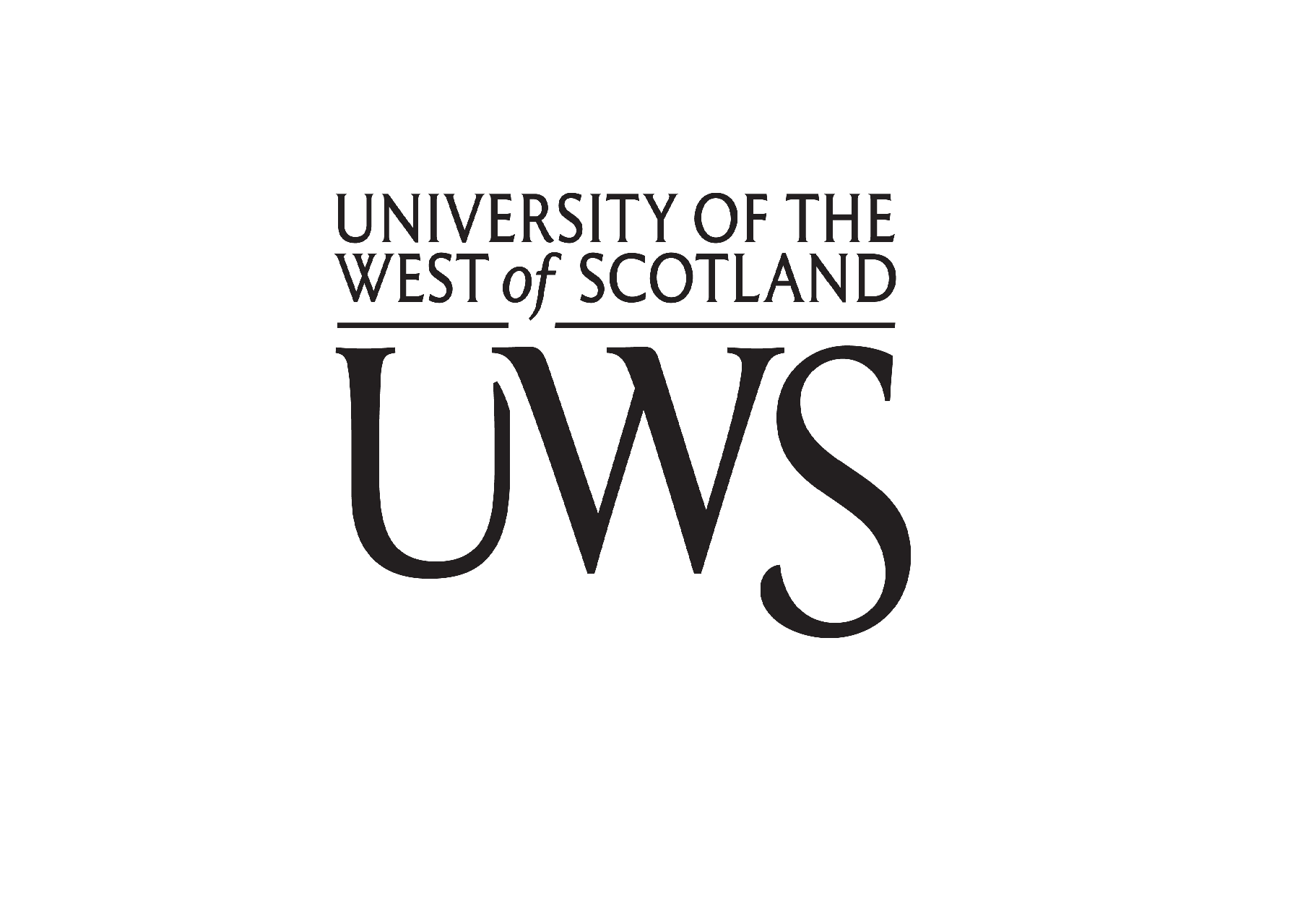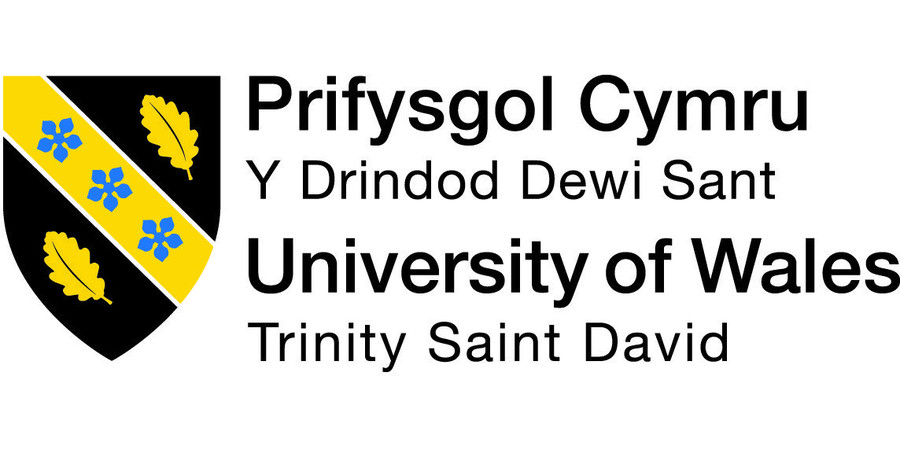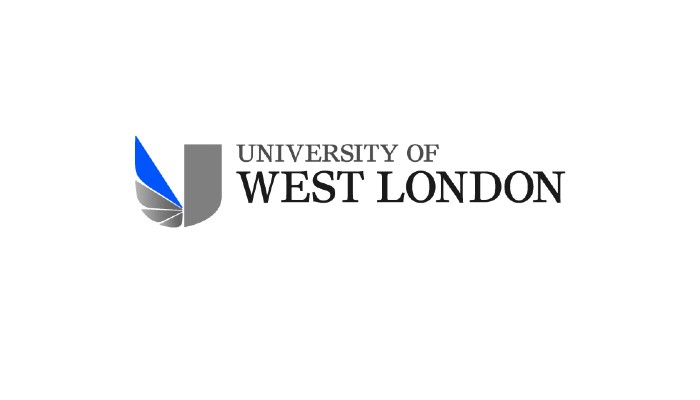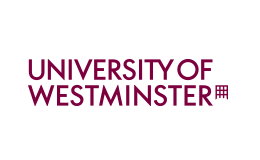The Royal Society Grants: Funding Excellence in Scientific Research
The Royal Society, founded in 1660, stands as the UK's independent scientific academy, dedicated to promoting excellence in science. Among its many initiatives, the Royal Society grants play a pivotal role in fostering research, innovation, and education. These grants support outstanding researchers in the UK and around the world. They provide the freedom, flexibility, and resources needed to pursue pioneering work across the natural sciences, including biology, chemistry, engineering, mathematics, and physics.
From The Royal Society research grants to scholarships and fellowships, the funding schemes cater to various career stages and needs. For instance, The Royal Society partnership grants enable schools to collaborate with STEM professionals, while The Royal Society travel grant—known as International Exchanges—facilitates global collaborations. The Royal Society apex awards promote interdisciplinary research, bridging science with the humanities and social sciences. With a focus on diversity and inclusion, these grants encourage applications from underrepresented groups, ensuring innovation thrives through varied perspectives.
Whether you're exploring Royal Society grants scholarship options or seeking The Royal Society funding for PhD studies, these programs are designed to invest in future scientific leaders. As we delve deeper, you'll see how these opportunities can propel your career or project forward.
Benefits
Securing one of The Royal Society grants brings a host of advantages that extend beyond financial support. Recipients gain access to seed funding that allows them to explore new ideas, gather preliminary data, and build collaborations—essential steps for larger funding applications. For early-career researchers, benefits include career development opportunities, such as tailored training and networking events.
Grants like The Royal Society partnership Grants offer up to £3,000 for schools to run investigative STEM projects. These initiatives help students build essential skills like problem-solving and data analysis, while introducing them to real-world STEM careers. The Royal Society travel grant supports international visits, covering travel and subsistence to foster global partnerships. Meanwhile, the Royal Society apex awards provide up to £200,000 for interdisciplinary projects, including staff costs and public engagement activities.
Overall, these grants enhance research independence, promote equity in science, and contribute to societal impact. They also align with benchmarks for practical science education and career guidance, making them invaluable for both individuals and institutions.
Eligibility Criteria
- Must be based in the UK or an eligible international location, depending on the grant (e.g., UK schools for Partnership Grants).
- Hold a PhD or equivalent for research-focused grants like Research Grants or APEX Awards.
- Be an independent researcher within the first five years of your post for schemes like Research Grants.
- Research must fall within natural sciences; interdisciplinary projects encouraged for APEX Awards.
- Open to diverse backgrounds; adjustments available for disabled applicants.
- For school grants, applicable to UK schools and colleges for students aged 5-18.
- Not eligible if holding another active similar grant or for continued existing collaborations in some schemes.
Application Process
- Register and apply via the Flexi-Grant® online system on the Royal Society website.
- Review scheme notes and eligibility before starting; attend webinars or introduction sessions if available.
- Prepare required documents, including project proposal, CV, and collaboration details.
- Submit by specified deadlines—multiple rounds annually for many grants (e.g., April, July, December for Partnership Grants).
- For Cost Share programs like International Exchanges, coordinate parallel submissions with international partners.
- You can contact the Grants team for support, especially if you have any queries or adjustments to make.
- All successful candidates will be notified and guided through the acceptance process after their application is selected.
Selection Criteria
- Scientific excellence and innovation of the proposed project.
- Applicant's track record and potential for leadership in their field.
- Potential for impact, including interdisciplinary collaboration and public engagement.
- Feasibility of the project within the funding and timeline.
- Alignment with new collaborations rather than existing ones for exchange grants.
- Commitment to equity, diversity, and inclusion in the assessment process.
- Reviewed by expert panel members; shortlisting overseen by Panel Chair.
Fields of Study
The Royal Society offers a range of grant schemes supporting research across the natural sciences. These grants vary in purpose, duration, and funding amount, catering to different career stages and research needs. Below is an overview of key grant types and their core details:| Grant Type | Purpose | Funding Amount | Duration |
|---|---|---|---|
| Research Grants | Seed funding for new ideas | Up to £30,000 | 12 months |
| Partnership Grants | School-STEM professional projects | Up to £3,000 | Variable |
| APEX Awards | Interdisciplinary research | Up to £200,000 | Variable |
| International Exchanges | Travel for collaborations | Up to £12,000 | Up to 2 years |
Tips for a Strong Application
Crafting a compelling application for The Royal Society grants requires clarity, passion, and strategic planning. Start by thoroughly reading the scheme notes—understand what sets your project apart and how it aligns with the grant's objectives. Highlight innovation and potential impact, using evidence from your track record to build credibility.
Collaborate early: For grants like The Royal Society partnership grants or travel grants, secure strong partners and detail how the collaboration adds value. Be concise yet detailed in your proposal, avoiding jargon while demonstrating expertise. Seek feedback from mentors or peers before submission.
Emphasise diversity and inclusion in your approach, as the Society values broad perspectives. When applying for Royal Society grants for schools, focus on the benefits for students and the long-term outcomes. Finally, prepare for deadlines by starting early, and don't hesitate to contact the grants team for guidance. With persistence, your application can stand out and help you secure the funding you seek successfully.
Conclusion
In summary, the Royal Society grants represent a cornerstone of scientific support, empowering researchers, educators, and innovators to push boundaries and inspire change. From the Royal Society flexi grant system to specific opportunities like Royal Society grants for schools or international collaborations, these programs offer accessible pathways to funding. By meeting eligibility, navigating the application process, and aligning with selection criteria, you can unlock resources to advance your work in vital fields of study.
Take the leap—apply today and contribute to a brighter scientific future. For more details, visit the Royal Society website and start your journey toward impactful discovery.




